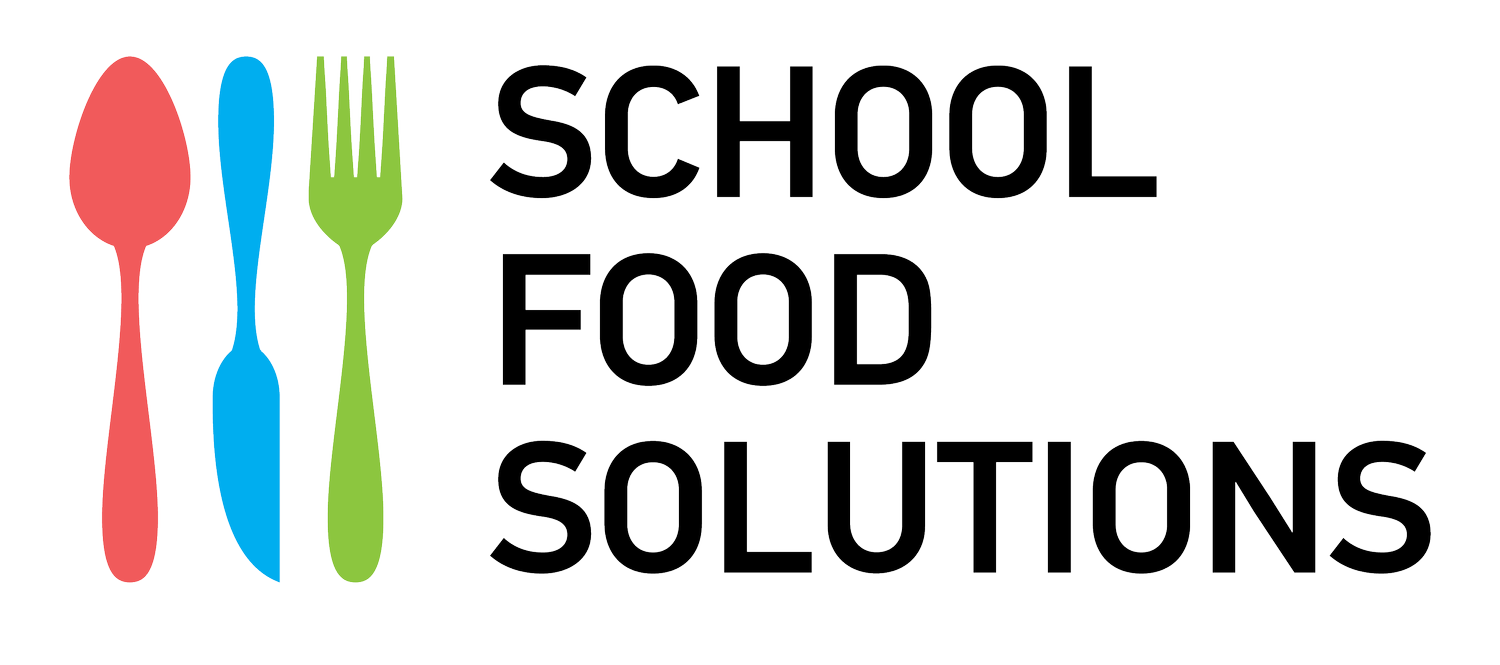Back-to-School Food Service Updates: What California Schools Need to Know for SY 2025–26
As California schools gear up for another year of serving free breakfast and lunch to students, there’s a fresh wave of updates that school food service teams, vendors, and administrators need to understand. In a recent training session, Ryan Gomes from School Food Solutions walked through the essential changes and reminders for the 2025–26 school year. If you missed the live session, here’s the video
Key Program Updates: State & USDA Guidance
One of the biggest highlights of the training was a breakdown of California and USDA program updates. These include adjustments to meal reimbursement rates, reporting requirements, and updates that align with the latest USDA nutritional standards.
Medical Meal Forms: Tightening Up Compliance
We do a deep dive, looking at meal accommodations, meal preferences, and documentation, and we cover common questions and best practices.
Schools are reminded to ensure that medical statements for meal modifications are current, complete, and signed by a recognized medical authority. This documentation is crucial for compliance and to ensure that students with dietary restrictions are safely served.
Competitive Foods & Smart Snacks: Keep It Clean
With fundraisers and à la carte items continuing to be popular in schools, Ryan revisited the Competitive Foods rules under the Smart Snacks standards. Schools must ensure that all items sold during the school day meet the USDA’s nutritional requirements—covering calories, sugar, sodium, and fat content.
The training covered:
When and where competitive foods can be sold
Documentation requirements for product compliance
Common pitfalls (e.g., student stores, vending machines)
Wellness Policies: A Living Document
School wellness policies aren’t a “set it and forget it” document. Ryan reminded participants that these policies must be reviewed and updated every three years, with stakeholder input. Schools are also encouraged to conduct regular assessments of policy implementation and share results with their communities.
Who Should Pay Attention?
This training is particularly vital for:
Food service directors
School administrators
Wellness coordinators
Anyone involved in compliance or reporting for federal nutrition programs
Final Takeaways
As we step into a new school year, the message is clear: stay proactive, stay informed, and stay compliant. School nutrition programs play a critical role in student wellness and academic success, and these updates help keep programs running smoothly while meeting state and federal guidelines.
If you have more questions, feel free to reach out to Ryan directly at Ryan@schoolfoodsolutions.org.
